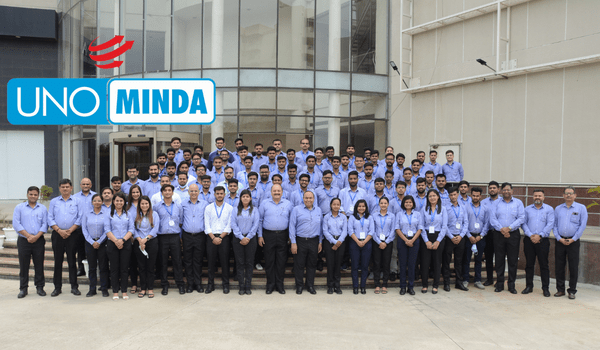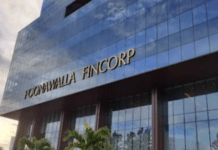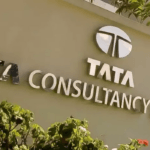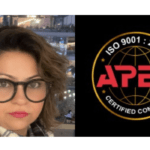There has always been a debate on build vs buy, when it comes to talent management in an organisation. However, UNO MINDA, a global manufacturer of automobile components in India is very clear with its approach. In an exclusive chat with HRKatha, Rajiv Kapoor, executive director – group head HR, UNO MINDA shares that back in 2017, while the firm was setting up its group-level goals, it also involved HR goals for the firm.
These goals stated that UNO MINDA will focus on developing internal talent rather than hiring people from outside. “It was decided that we will bring down our percentage of external hires to five per cent,” reveals Kapoor.
A journey which was started in 2017, has now come a long way. UNO MINDA has introduced various ways to develop, identify and promote internal talent in the company.
In 2017, UNO MINDA had hired 60 per cent of its talent from outside. Now, however, as Kapoor shares, 70 per cent of roles are filled from within the Company and only 25 per cent of the talent is hired from outside. How did UNO MINDA manage to achieve this?
Development programmes: As per Kapoor, the Company’s focus is to develop talent at each and every level of the company. Starting from the associate level and going up to the senior leadership band, the Company has various internal-development programmes to promote internal talent in the Company.
The talent-development programmes begin from the associate level at UNO MINDA, where the Company promotes talent from associate level to staff cadre. This is a three-year rigorous programme to develop talent. On an average, Kapoor reveals that about 84 associates are promoted to staff level every year in the company.
“Earlier, an associate would at max reach the level of a senior associate and very few made it to staff level, but now things have changed,” says Kapoor.
“In the last few years, we were able to bring more objectivity in our people or talent decisions, which meant reducing subjectivity and favouritism in talent assessments at all levels”
Rajiv Kapoor, executive director – group head HR, UNO MINDA
Transition programme: UNO MINDA’s ‘SETU Programme,’ is an induction programme for all associates, who are eligible and ready to go to the next level. “SETU is like a bridge that ensures easy transition for people,” says Kapoor.
Management-trainee programmes: For the Company’s management-trainee programmes, on an average 200 young graduates are hired in management and engineering cadres every year and trained to take up future leadership roles.
A development programme for middle-management employees called ‘M-transform’, focuses on the middle-management employees, while the programme called ‘M-Leap’ is focused on developing senior-leadership teams at UNO MINDA.
These programmes majorly involve working on real-time solutions and projects. For senior leadership development, mentoring and coaching interventions are also organised. For ‘M-Leap,’ UNO MINDA has tied up with the Management Development Institute (MDI) in Gurgaon. Both the programmes are 11 months long.
The above interventions for talent development at UNO MINDA have helped the Company to significantly reduce its dependency on outside talent.
Process improvement: Kapoor mentions that apart from just introducing talent-development programmes, the Company has also focused on improving its processes.
“In the last few years, we were able to bring more objectivity in our people or talent decisions, which meant reducing subjectivity and favouritism in talent assessments at all levels,” asserts Kapoor.
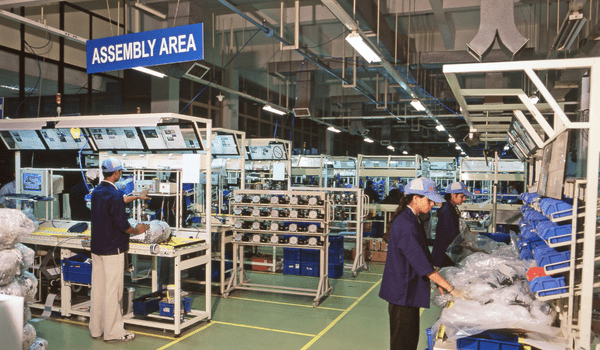
During the pandemic, when there was a total lockdown, the Company did a gap analysis as part of its business-transformation mission for business continuity. This also involved listening to the needs of people.
Various feedback surveys were undertaken to improve their HR processes as per the emerging needs and aspirations of the employees. HR Roadmap 2.0 was constructed with these feedbacks, which had about 28 initiatives as part of it. Each initiative is given a timeline for completion.
The employee feedback also included a gap in talent development, which the Company is trying to address. Every company will have certain employees who may miss out on an opportunity to rise up the ranks within the organisation, but are solid citizens.
Dialogue sessions: “There will always be some people who will hit the ceiling at some stage, but they are solid performers and we wanted to engage with them,” mentions Kapoor. The Company has organised dialogue sessions with these employees where all the senior leadership team, including Kapoor himself and sometimes, even the chairman meet these employees to keep their morale high.
Holistic development: As per Kapoor, what makes UNO MIDA’s talent-development processes different from others is its ‘holistic development’ philosophy. Kapoor explains that the Company also has a practice of rotating young leaders in different functions for holistic exposure.
The Company will allow the leader to move to another function for two to three years and learn. “We will ensure that every leader in the Company is exposed to at least two to three key functions,” shares Kapoor.
Kapoor also reveals that UNO MINDA is now training its leaders in emerging leadership styles, which have evolved post the pandemic. “Transactional leadership style does not work anymore,” believes Kapoor.
The new leadership approaches will include shared, power and servant leadership styles for the future growth of the firm.
Value our content... contribute towards our growth. Even a small contribution a month would be of great help for us.
Since eight years, we have been serving the industry through daily news and stories. Our content is free for all and we plan to keep it that way.
Support HRKatha. Pay Here (All it takes is a minute)





